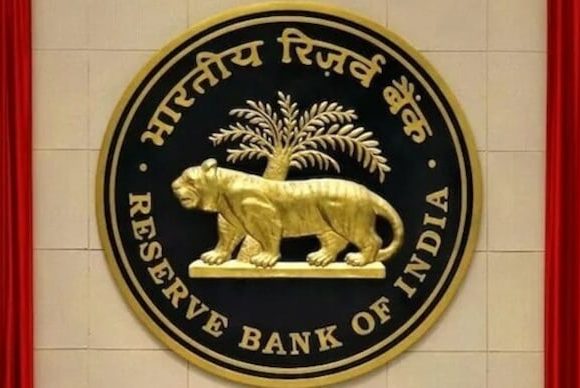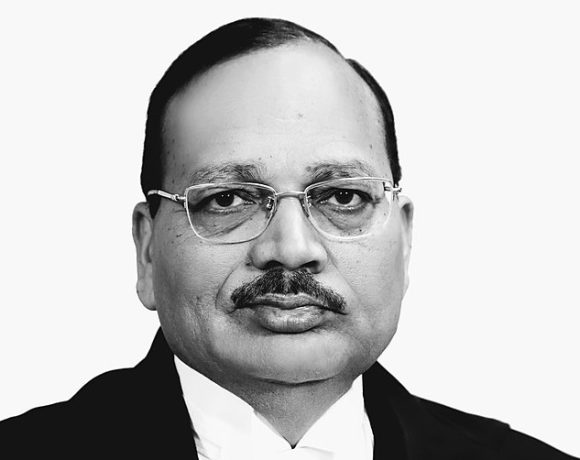
India Moves to Curb ‘Anti-National’ Content on Social Media
In the aftermath of the Pahalgam terror attack that left 26 dead, India’s parliamentary Standing Committee on Communications and Information Technology has called for immediate action against social media influencers and digital platforms accused of spreading anti-national content. The demand comes amid heightened national security concerns and a broader push to regulate digital narratives deemed harmful to the country’s unity and sovereignty.
Government’s Directive to Ministries
The committee, chaired by BJP MP Nishikant Dubey, has directed the Ministry of Information and Broadcasting (I&B) and the Ministry of Electronics and Information Technology (MeitY) to present concrete action plans by May 8. These plans must address methods to counter online content that could incite violence, mislead the public, or align with hostile foreign agendas. The panel has not ruled out recommending a ban on platforms and individuals that consistently violate Indian interests.
Legal Framework and Enforcement Tools
The panel has urged the government to make full use of existing legal provisions such as the Information Technology Act, 2000, and the 2021 Intermediary Guidelines and Digital Media Ethics Code Rules. These frameworks empower the government to demand compliance from tech intermediaries, block specific content, and take penal action against those who propagate seditious or false narratives under the guise of free speech.
Actions Already Taken
Several enforcement measures have already been rolled out in recent weeks. Numerous YouTube channels and Instagram accounts, allegedly linked to misinformation or cross-border propaganda, have been taken down. The government has also blocked the accounts of Pakistani politicians on X (formerly Twitter), including Defence Minister Khawaja Asif, former Prime Minister Imran Khan, and ex-foreign minister Bilawal Bhutto.
Furthermore, local law enforcement agencies have registered multiple FIRs against individuals making controversial online statements related to the Pahalgam attack. Authorities suggest more action may follow if social media platforms fail to cooperate.
Broader National Security Response
In parallel to digital crackdowns, the Indian government has moved decisively on diplomatic and trade fronts. Visas for Pakistani nationals have been cancelled, airspace and borders sealed, and diplomatic missions reduced. India has also suspended bilateral trade with Pakistan and reviewed critical agreements like the Indus Waters Treaty. These steps underline the seriousness with which the government is responding to perceived threats to national security.
As pressure mounts, the upcoming submissions from I&B and MeitY will likely define the next phase of India’s digital regulation policy. With the lines between dissent and disinformation becoming increasingly blurred, the government is expected to tread a tightrope between preserving national security and upholding democratic freedoms.


















